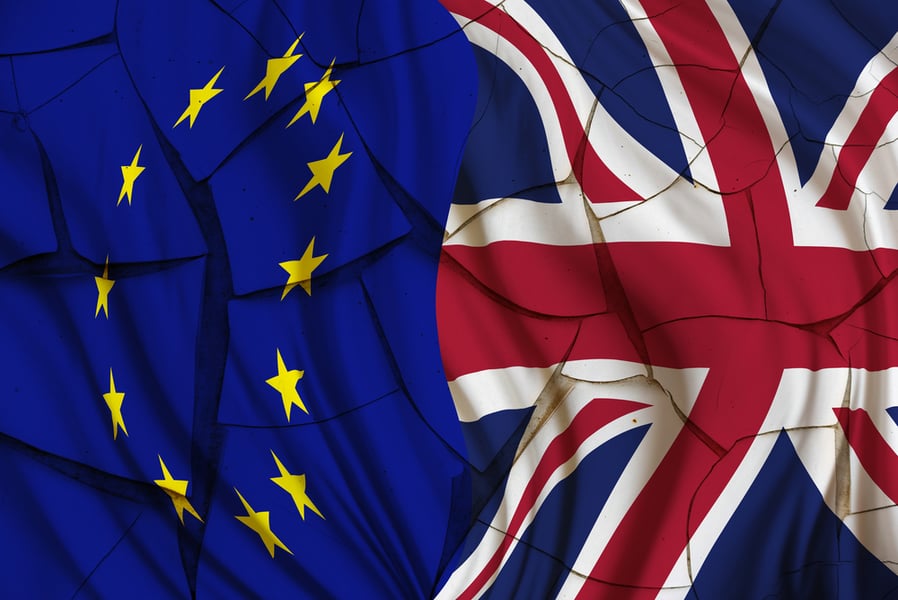This is also the highest this barrier has stood for five years. The BSA’s Property Tracker found concern about future falls in property prices has spiked to 29% - up from 16% this time last year.

More than a third (37%) of people cite a lack of job security as a barrier to home ownership, up from 29% in December, which The Building Societies Association blamed on Brexit uncertainty.
This is also the highest this barrier has stood for five years. The BSA’s Property Tracker found concern about future falls in property prices has spiked to 29% - up from 16% this time last year.
Paul Broadhead, head of mortgages and housing policy at the BSA, said: “With the UK’s divorce from the European Union looming, and no clear path for an orderly exit it is unsurprising that people are concerned about job security and future dips in house prices.
“The UK is in uncharted territory, and political uncertainty is doubtlessly directly related to the weaker consumer confidence in the housing market.
“Raising a deposit (61%), access to mortgage finance (43%) and repayment affordability (40%) have been the top three barriers to home ownership for some time now.
“The recent increase in concerns about job insecurity and anxiety towards house price falls appear to be directly caused by the uncertainty around the UKs departure from the EU.
“We are already seeing fewer properties coming to market, and households moving far less frequently.
“It is vital that a clear plan for exiting the European Union is agreed imminently giving peoplecertainty about the future and enabling government to get on with fixing our broken housing market, something the Prime Minister committed to do early in 2017.”
In March a third (33%) of people said that now is not a good time to buy. For seven consecutive quarters–since June 2017 and around the time of the EU Referendum, the number of people who did not agree that ‘now is a good time to buy a property’ was significantly higher than those who did agree (23%).
Property price expectations also remained weak, with more people thinking that prices will fall rather than rise over the next year.
Although price expectations have improved a little compared to December 2018, nearly a third (31%) of the population still think they will fall over the next year.



